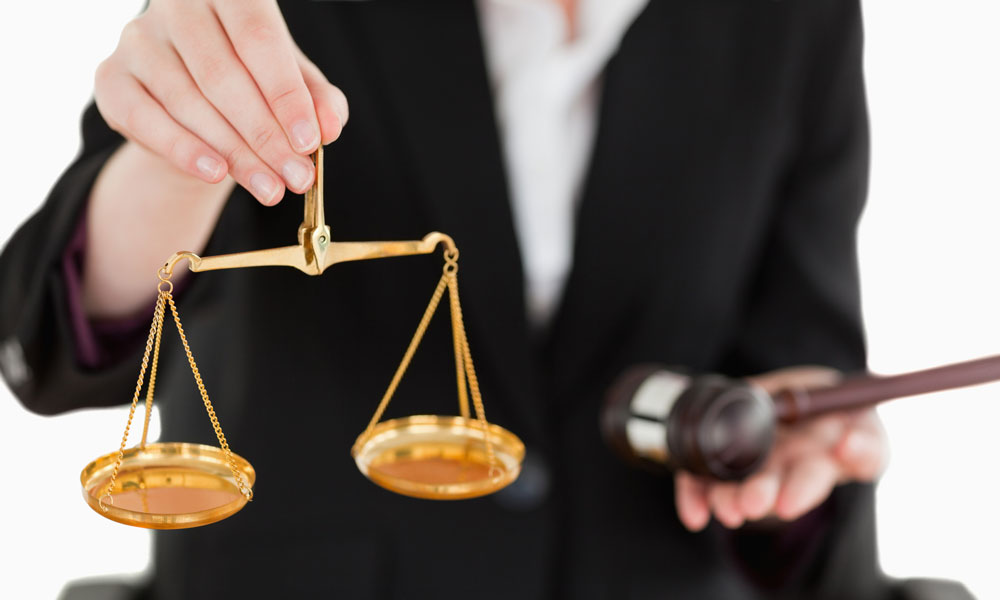
Bar Association Strengthens Stand on Harassment and Discrimination
On Monday, during the American Bar Association’s Annual Meeting, the ABA House of Delegates passed an amendment to bolster the language on harassment and discrimination in its Model Rules of Professional Conduct. Attorneys that violate the new provision can now face disciplinary action.
The American Bar Association voted on Monday afternoon to adopt Resolution 109, an amendment that heightens the consequences of discrimination and harassment in the field of law.
Nearly 70 ABA members signed up to speak in favor of the amendment—Resolution 109 to Model Rule 8.4—before the ABA House of Delegates.
Myles V. Lynk, chair of the ABA Standing Committee on Ethics and Professional Responsibility, said that many state-level bar associations have already made provisos for protection against harassment and discrimination.
“The states have not waited for the ABA to act,” said Lynk in a press release. “They have been laboratories of change … it is time for the ABA to catch up.”
While no one spoke against the amendment in the House debate, there was some dissent issued by a few ABA members in the days leading up to the vote, citing freedom of speech and other First Amendment rights. Still, the amendment was approved by voice with only a handful of members dissenting.
“The need for national guidance on a black letter rule prohibiting attorneys from discriminating or harassing women and minority lawyers was evident by the number of associations that came together to advocate for the change and the overwhelming vote in favor of the revision on the floor of the ABA House of Delegates,” said Jenny Waters, executive director of the National Association of Women Lawyers.
According to the revised Model Rule 8.4 [PDF] in the ABA Model Rules of Professional Conduct, “it is professional misconduct for a lawyer to engage in conduct that the lawyer knows or reasonably should know is harassment or discrimination on the basis of race, sex, religion, national origin, ethnicity, disability, age, sexual orientation, gender identity, marital status or socioeconomic status in conduct related to the practice of law.”
Prior to the revision, the Model Rules of Professional Conduct touched on harassment and discrimination, but it was not considered authoritative. The new ABA amendment is now considered authoritative—and attorneys that violate the provision can expect everything from fines to suspension, which their own state bar association would allocate.
“The ABA’s adoption of Resolution 109 is a win for all attorneys who can now practice law without fear of being harassed or violated for no other reason than their gender or minority status,” Waters said. “A profession that can promise that kind of fairness and equally opportunity to all is one that will be more successful retaining women and minority lawyers who will now be able to see themselves as happily practicing lawyers for the next 30-40 years—a win for those lawyers and a win for the profession.”
(iStock/Thinkstock)






Comments